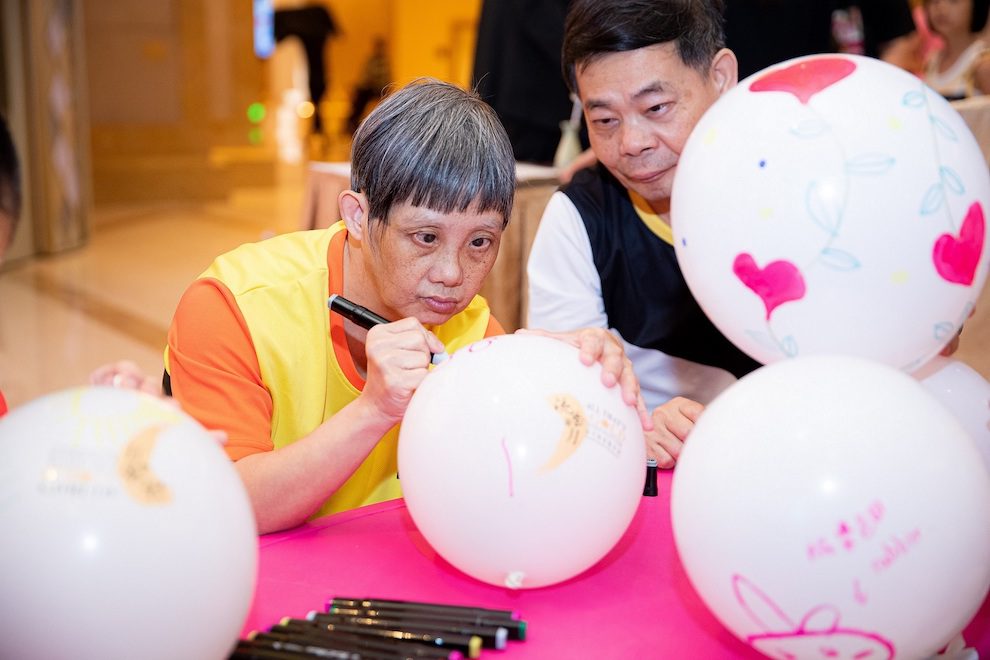Introducing positive-minded policies to the hospitality sector in terms of corporate social responsibility (CSR) can not only benefit society, but also the firms promoting these policies. That is according to a new study by a scholar from IFTM. It concludes that CSR policies can have a “generally positive effect” on employee behaviour, leading them to provide better customer service.
The findings of the study “suggest that hotels/companies’ investment on CSR pays off in the form of not only monetary gains” – that can come from a good reputation with customers – but also in other ways, stated IFTM scholar Dr. Ali Bavik in a research paper.
“When employees perceive their organisation taking an active role to fulfil the expectations of not only internal stakeholders but also those of the external parties, their cognitive evaluation of job responsibilities may be accordingly moulded and redefined,” he noted in the paper. “In the context of hospitality, employees who perceive greater organisational CSR may therefore redefine customers’ demands as challenging work goals rather than as unreasonable demands, which in turn motivates them to go the extra mile to satisfy their customers.”
Dr. Bavik stated that, for example, when employees witnessed their employer donating a portion of company earnings to non-profit organisations, the staff could conclude that “helping their customers with needs that lie beyond their work duties is what good service employees should do”.
The comments were featured in the research paper “Corporate social responsibility and service-oriented citizenship behavior: A test of dual explanatory paths”. It was published last year in the International Journal of Hospitality Management.
The main objective of the study was to look into how company CSR policies, as perceived by staff, could “dynamically influence hotel employees’ service-oriented citizenship behaviour directed at customers/guests”. In this context, “citizenship behaviour” referred to “discretionary behaviours of contact employees in servicing customers” that were actions that “extend beyond formal role requirements”.
The study results were based on a survey completed by 238 employees working at 5-star hotels in Macao. In addition – as part of Dr. Bavik’s study – the immediate supervisor of each participating worker was asked to assess their “citizenship behaviour” in terms of customer service performance.
Making use of CSR
Dr. Bavik noted in his research paper that it was important for hospitality managers to understand that CSR was “more than a tool” for promoting a firm’s image and reputation. Organisations might also be “better off” when their employees demonstrate what Dr. Bavik termed “more customer-oriented citizenship behaviour” as a result of perceiving their organisation as being “genuinely concerned with the community’s interests.”
The IFTM scholar pointed out, however, that hospitality managers should be aware of the “potentially detrimental effect” of CSR-related voluntary work by employees, as it could consume significant staff member resources – including time and energy. “To simultaneously maximise the benefits of CSR and reduce the potential costs incurred to employees, hospitality establishments should regularly review their CSR agenda, strategically integrate CSR into their operations, and encourage employees’ participation on a voluntary (versus compulsory) basis,” said Dr. Bavik.
The researcher suggested that management in hospitality firms – and other service-related industries – should “carefully design” their CSR programmes. “A path to a balanced coexistence between job duty fulfilment and commitment to the company’s CSR through volunteering, may involve a shift of voluntary activity from off-work hours to working hours, or a combination of both,” suggested the IFTM scholar.
He added: “Another way of leveraging on CSR initiatives for motivating employees to contribute to non-profit organisations would be adopting and improving the matching-gift programmes, which refer to a corporation (e.g., hotel) making the same amount of donations as their employees do to non-profit organisations (i.e., dollar for dollar).”
A different option could be the adoption of skill-based volunteering programmes, matching employee skills and experience with the needs of community organisations, suggested the scholar. “While donation-oriented CSR programmes are noble, they do not provide personal touch and interaction with the beneficiaries.” He added that employees might “enjoy using their expertise and knowledge for the community”, which could provide them with a “sense of achievement, boosting self-esteem”, and lead to “bonding with the community”.
Another positive aspect of skill-based volunteering programmes, noted Dr. Bavik, was that they could be designed also as team-building activities.
The IFTM scholar additionally suggested that, in order to increase the value of CSR within organisations – and promote positive outcomes for employees in relation to in-house CSR programmes – senior managers should consider diversifying their CSR initiatives and tailor them in a way that staff members could use these programmes also to acquire new skills and knowledge.
More info
Ali Bavik: “Corporate social responsibility and service-oriented citizenship behavior: A test of dual explanatory paths”, International Journal of Hospitality Management, Volume 80, pages 173-182, 2019.
https://doi.org/10.1016/j.ijhm.2018.11.014









